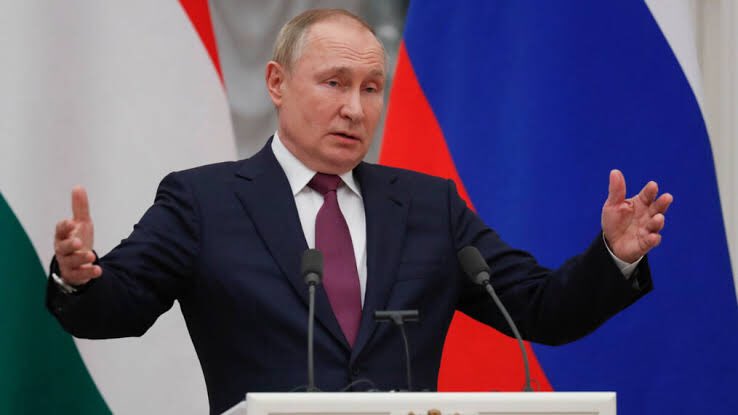Explore Putin’s grand vision for Russia’s next-gen orbital station by 2027, lunar program resilience, and the future of space exploration. Discover what lies beyond the stars.

President Vladimir Putin’s recent statements highlight Russia’s ambitious plans in space exploration. In his announcement, Putin revealed that Russia is actively working on a new orbital station, which is considered the next evolutionary step in space exploration following the International Space Station (ISS). The Russian government aims to have the first segment of this new station operational by 2027.
During a meeting with key figures in the space industry, Putin emphasized Russia’s commitment to advancing its lunar program, even in the face of a significant setback in August when its first lunar mission in nearly half a century ended in failure. This demonstrates Russia’s determination to remain a major player in lunar exploration.
Also Read:- SURPRISE ATTACKS! U.S. Military’s Jaw-Dropping Response Shocks Iran – What Happened Next Will Amaze You!
Putin also addressed the continued participation of Russia in the aging ISS. The decision to extend Russian involvement until 2028 is framed as a temporary measure. As the ISS nears the end of its operational life, Putin sees the need for a new, fully operational station to take its place. This emphasizes Russia’s intention to maintain a robust presence in manned spaceflight.
The development of the new orbital station is considered a matter of urgency to prevent Russia from falling behind in the field of manned space exploration. Putin stressed the importance of staying up to date with advances in science and technology and ensuring the new station is capable of tackling future challenges.
Yuri Borisov, the head of the Russian space agency Roscosmos, supported Putin’s position, noting that the ISS is approaching the end of its lifespan, projected to be around 2030. He warned that unless Russia begins substantial work on creating its orbital station by 2024, there’s a risk of losing capabilities due to the transition gap, where the ISS will no longer be available, and the Russian station won’t be ready.
Also Read:- Kremlin Denies Reports of Putin’s Cardiac Arrest and Body Double Speculation
Furthermore, Vladimir Putin acknowledged the technical issues that led to the Luna-25 lunar craft’s crash landing on the moon’s south pole in August. Despite this setback, he affirmed Russia’s commitment to the lunar program, highlighting that mistakes are part of space exploration and that experience gained from such incidents will be valuable for future missions.
Lastly, Borisov mentioned the possibility of expediting the next moon launch, moving it forward from the originally planned 2027 date to 2026. This shows Russia’s determination to continue lunar exploration while learning from previous challenges.
